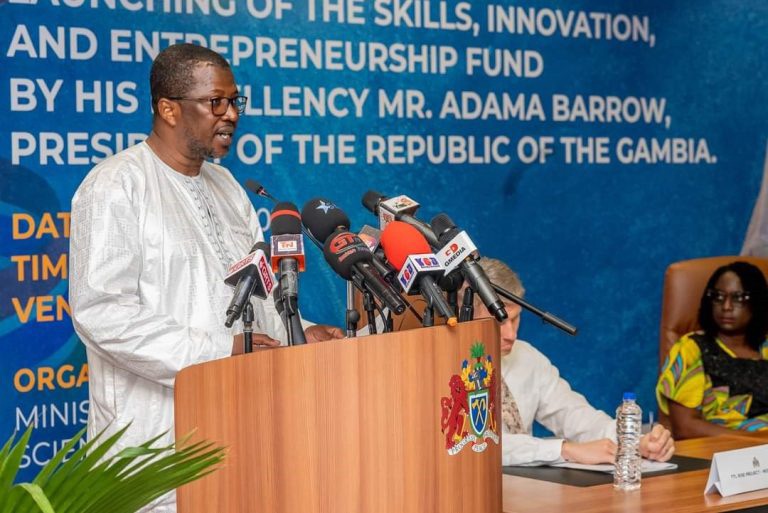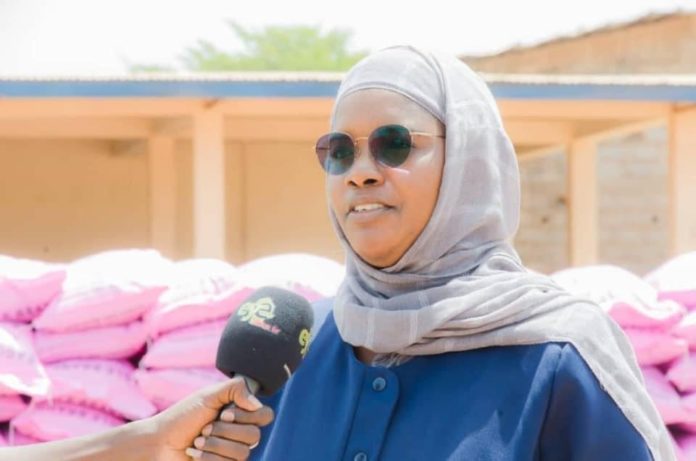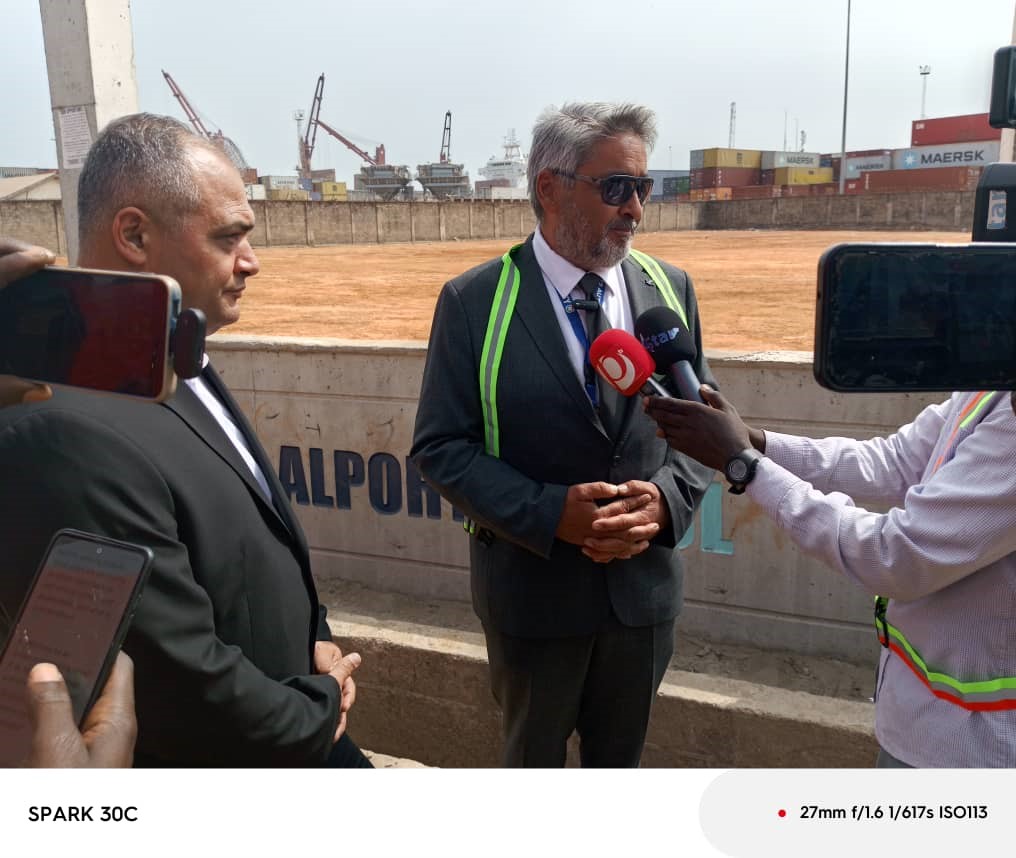By Binta Jaiteh
Baboucarr Joof, Minister of Trade, Regional Integration, and Employment (MOTIE) has said there is no tax increment on Senegal cement.
He made this known yesterday at the National Assembly, Banjul during questions for an oral answer as the member of Janjanbureh Constituency Honorable Omar Jammeh asked him since the increment of tax imposed on imported cement from Senegal was announced. He said the small-scale importers who bring their cement from Senegal said the policy would badly hurt their bottom line in ways that will shut them down, also, the public expressed fears of encouraging monopoly among a few major importers.
The Minister told the lawmakers that the government did come up with a policy to enhance revenue through extra charges on cement imported into the country because they are not getting anything from it. Noting that a campaign was mounted locally and beyond the borders to stop the policy from rolling out.
He added that when the government brings a vessel of powdered cement and does the bagging here in addition to keeping the jobs here, then pays NAWEC D1.3 Million to re-bag the vessels of 35 thousand metric tons. Adding that, GMA gets D1 Million and the company that brought the cement pays GRA and GPA an amount equivalent to D25 to 30 million per vessel.
“You cannot get that in the whole year. According to the statistics in ASSYCUDA, for the whole of 2023, the total received from bags of cement across the border is 26 million. One vessel is equivalent to the whole year, the government decided to bring the vessel”, he explained
Member for Sabach Sanjal, Hon Alhajie Babou Ceesay commented that this issue has raised concern in the public domain that the policy is affecting employment. He told the Minister that the policy implementation has deterred many people from their jobs.
Minister Joof replied that the jobs they are protecting are not in this country if they are bringing cement from across the border. “Research has confirmed that some of the companies involved in the trade didn’t register in the country. They load their trucks from across the border drive to the country and then transfer them to Gambian trucks. The policy of the government is not meant to kill Gambian businesses but rather we are trying to support local businesses to flourish.”
“We are very sensitive in terms of that issue” he argued.
However, he said when you are faced with a decision, you look at the broader benefits to the country. “Our greater objective is to get a bigger market and this is why we are engaging to ensure having a common market with our neighbors to even sell beyond. These measures are necessary given the economic position the Gambia found itself,” he further explained.
Meanwhile, he said, “We cannot generate enough money to do what we want to do without taking revenue measures like the one we took.”





